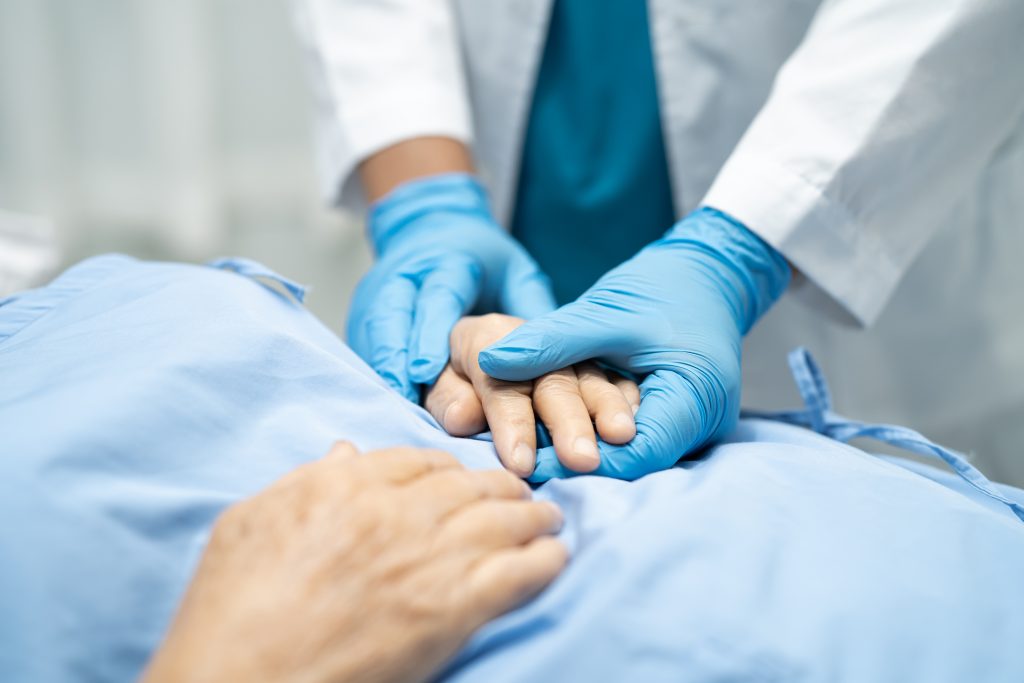
Do I Need Surgery for GERD? When Medication Isn’t Enough
If you’ve been dealing with frequent heartburn, regurgitation, or discomfort after meals, you may already know the struggle of living with gastroesophageal reflux disease (GERD). While medications can provide relief, they don’t always fix the underlying issue. That’s why so many patients eventually ask, do I need surgery for GERD? The answer depends on your symptoms, treatment history, and how GERD is affecting your daily life.
What Is GERD and Why It Happens
GERD occurs when stomach acid regularly flows back into the esophagus due to a weak or relaxed lower esophageal sphincter (LES). Over time, this acid can damage the lining of your esophagus and lead to inflammation, ulcers, and even precancerous changes known as Barrett’s esophagus. While occasional heartfburn is common, GERD is defined by symptoms that occur two or more times per week.
Symptoms include:
- Persistent heartburn
- Regurgitation of food or sour liquid
- Chest pain or pressure
- Trouble swallowing
- A chronic cough or hoarseness
If these symptoms aren’t well controlled with medication—or if they return as soon as you stop taking your meds—you might begin to wonder: do I need surgery for GERD?
When Medications Aren’t Enough
Proton pump inhibitors (PPIs) and H2 blockers are the most common medications used to reduce stomach acid. While they’re effective for many people, they don’t solve the mechanical problem of a weak LES. Over time, some patients develop resistance or experience side effects like nutrient malabsorption, increased risk of infection, or kidney problems.
Here are signs that medications might not be enough:
- You still experience symptoms despite taking PPIs regularly
- You can’t reduce or stop medication without symptoms returning
- You have complications like esophagitis or Barrett’s esophagus
- You’re tired of relying on daily medication for relief
At this point, it’s natural to ask your doctor, do I need surgery for GERD, and whether a long-term solution exists.
How GERD Surgery Works
If conservative treatments haven’t helped, your provider may recommend anti-reflux surgery. The most common option is laparoscopic fundoplication, where the top of the stomach is wrapped around the lower esophagus to strengthen the valve and stop acid reflux.
Another option is the LINX device, a small ring of magnetic beads placed around the LES to prevent acid from escaping the stomach while still allowing food to pass through.
Both procedures are minimally invasive, offer shorter recovery times, and often allow patients to stop medication altogether.
Who Makes a Good Candidate for GERD Surgery
Wondering do I need surgery for GERD means you’re ready to evaluate whether it’s the right next step. You might be a good candidate if:
- You’ve had GERD symptoms for six months or more
- You’ve tried multiple medications without long-term success
- You have lifestyle limitations due to reflux (sleep disruption, food restrictions)
- Diagnostic testing confirms significant reflux or LES dysfunction
Your care team at Surgical Associates of Tulsa may use tools like upper endoscopy, pH monitoring, and manometry to evaluate the severity of your reflux and determine if surgery is appropriate.
Benefits of GERD Surgery
Choosing surgery isn’t just about symptom control—it’s about regaining your freedom. Benefits of anti-reflux surgery include:
- Long-term relief from heartburn and regurgitation
- Reduced or eliminated need for acid-suppressing medications
- Protection against long-term esophageal damage
- Improved sleep and daily quality of life
For patients asking do I need surgery for GERD, the possibility of living without medication or constant discomfort is often the biggest motivation.
What to Expect from Recovery
Most GERD surgeries are performed laparoscopically, which means smaller incisions, less pain, and faster healing.
Many patients go home the same or next day and return to normal activities within a week or two. Some dietary restrictions may apply for a short time to help your esophagus adjust.
Your team will walk you through every step, from preparation to full recovery, to ensure the best possible outcome.
When to Talk to a Specialist
If you’ve been on medication for months or years and still struggle with reflux symptoms, it may be time to take the next step. Asking do I need surgery for GERD is the first sign that you’re ready to explore more effective, long-term treatment options. At Surgical Associates of Tulsa, our surgeons are experienced in minimally invasive GERD surgery and will guide you through the decision-making process with compassion and clarity.
Final Thoughts
You don’t have to live with constant heartburn, regurgitation, or the limitations GERD can place on your life.
If you’re tired of chasing relief through medications and still wondering, do I need surgery for GERD, we’re here to help you find the answer.
Reach out to Surgical Associates of Tulsa to schedule an evaluation and discover whether surgery could be the solution you’ve been waiting for.